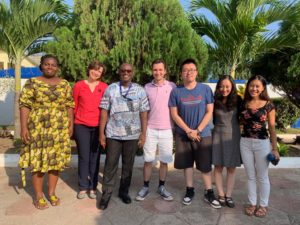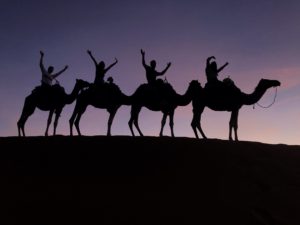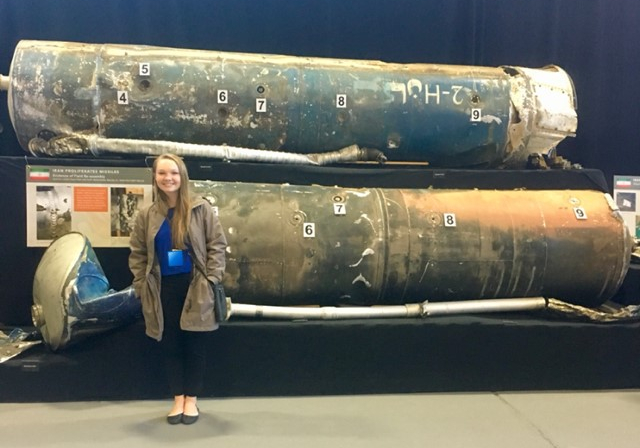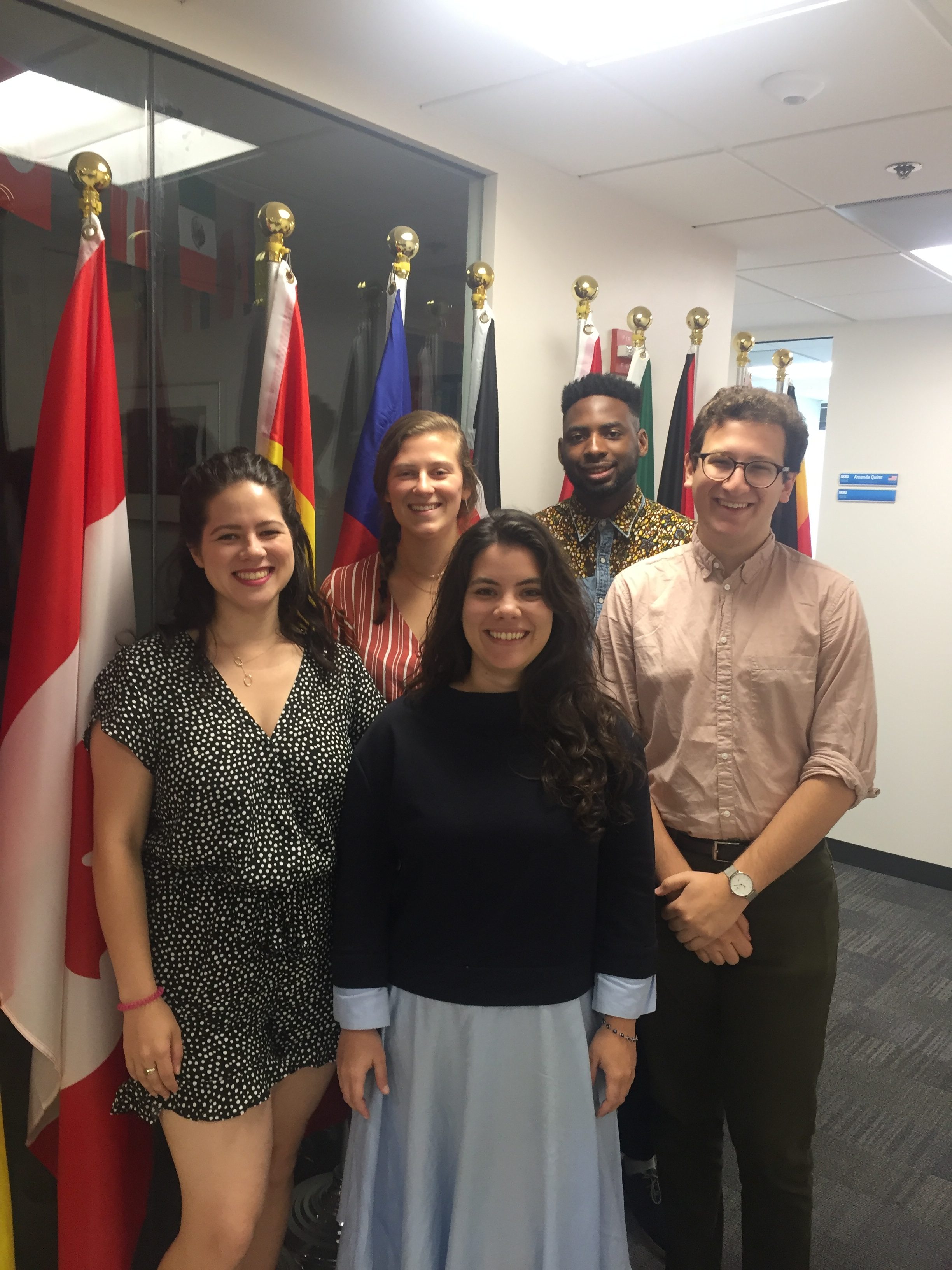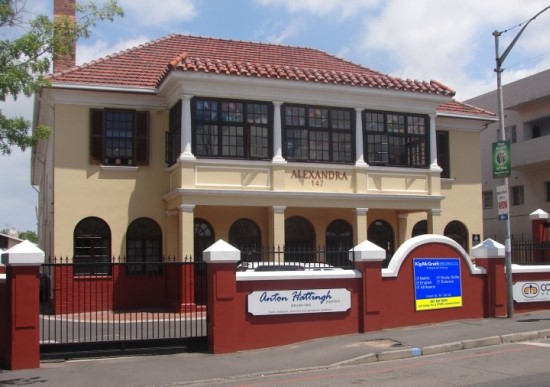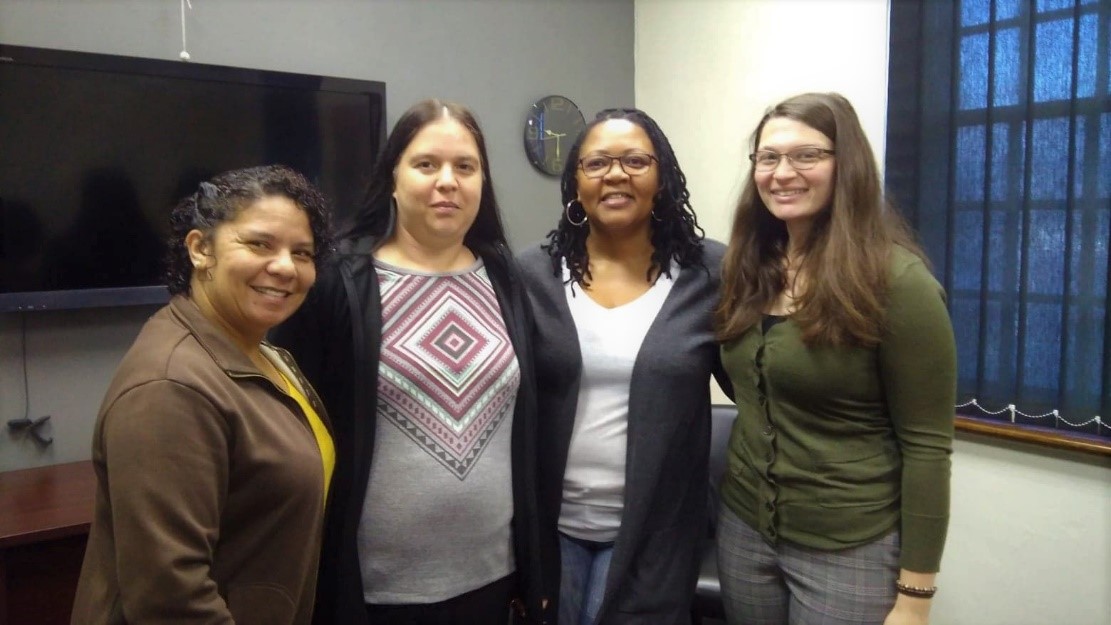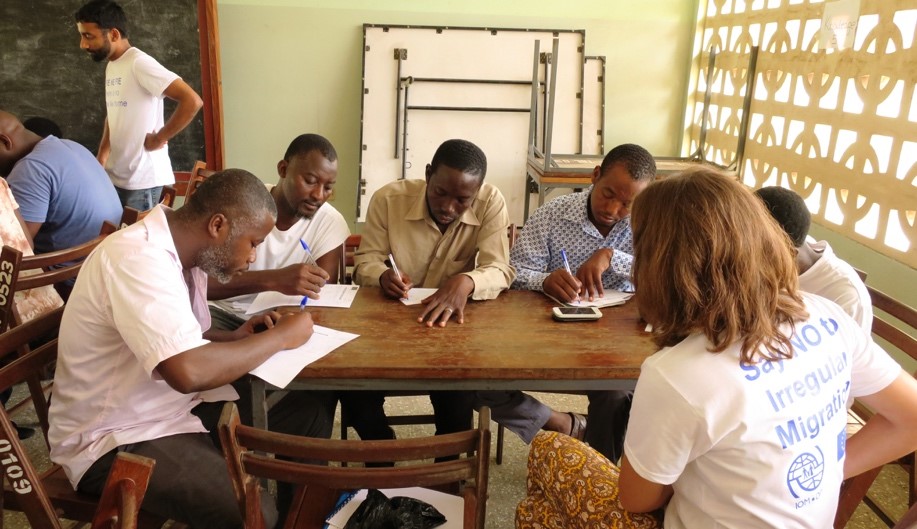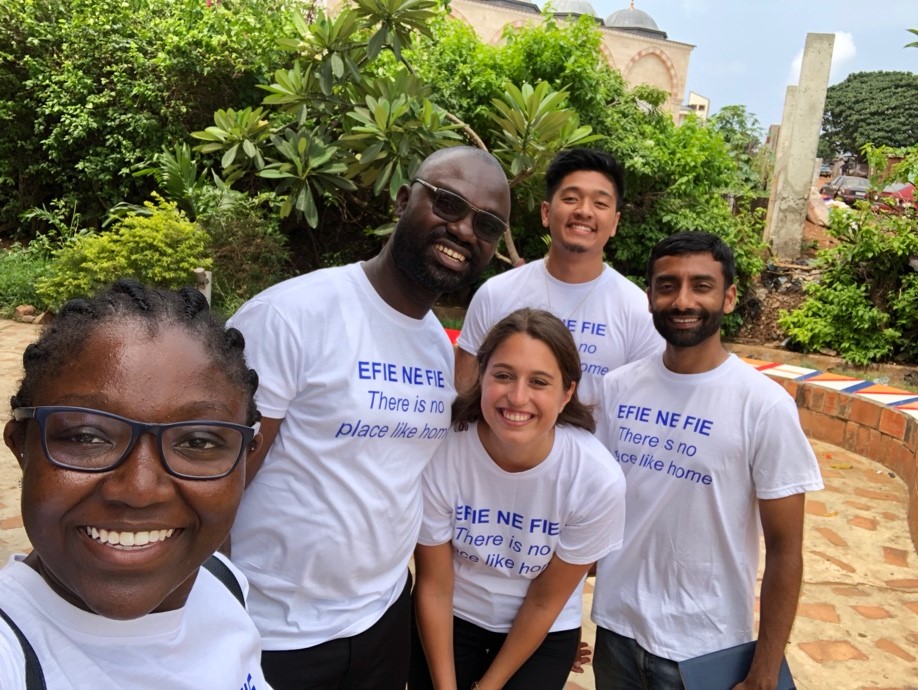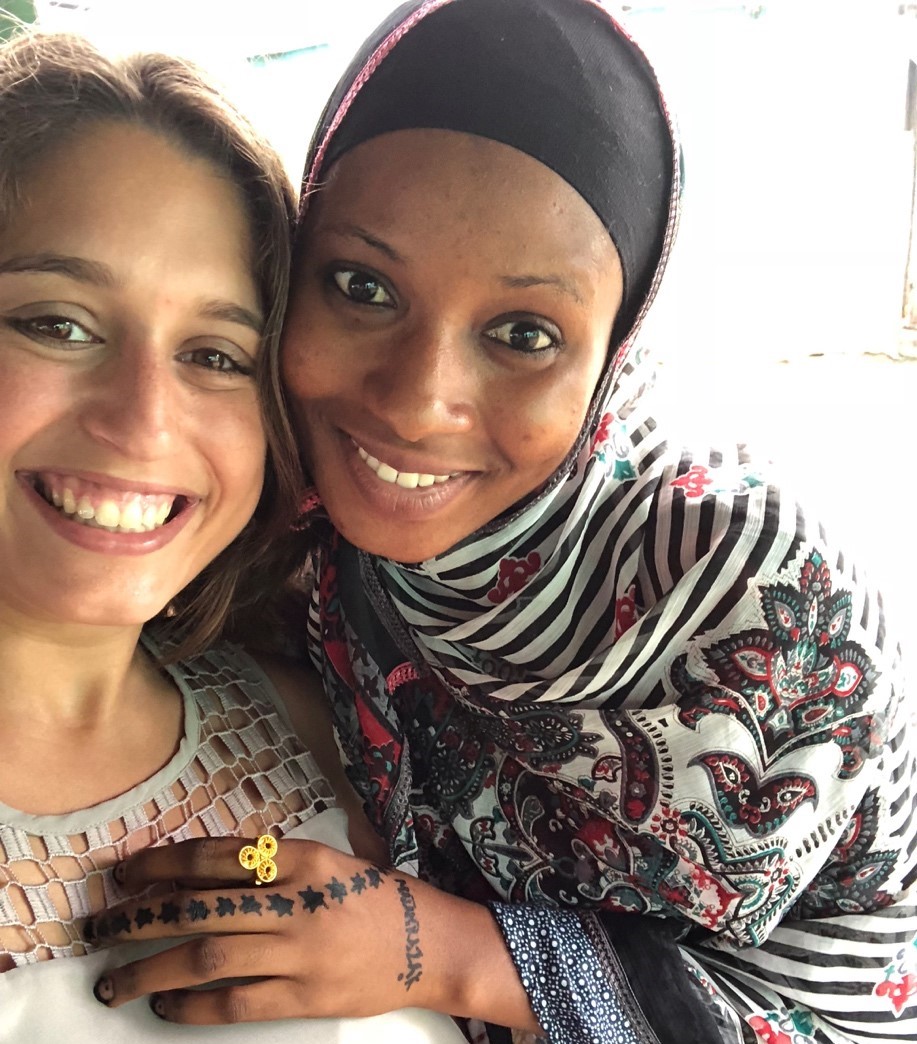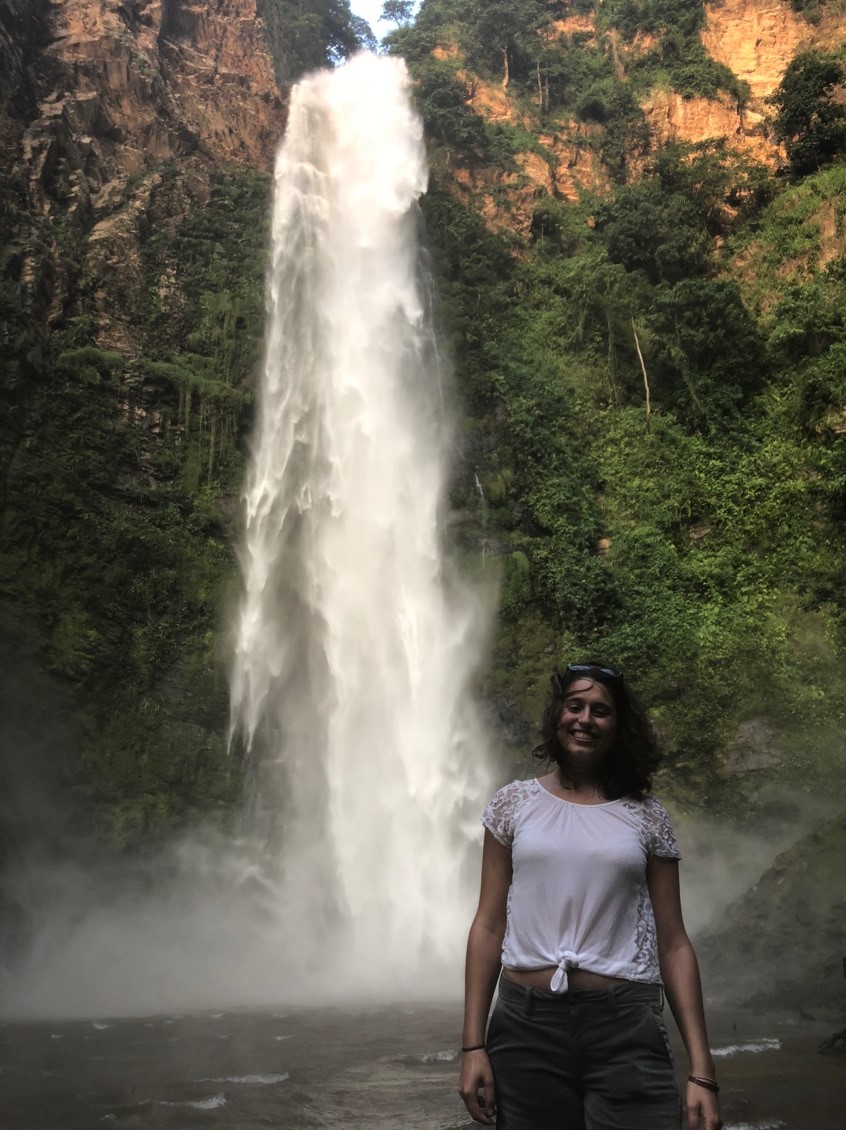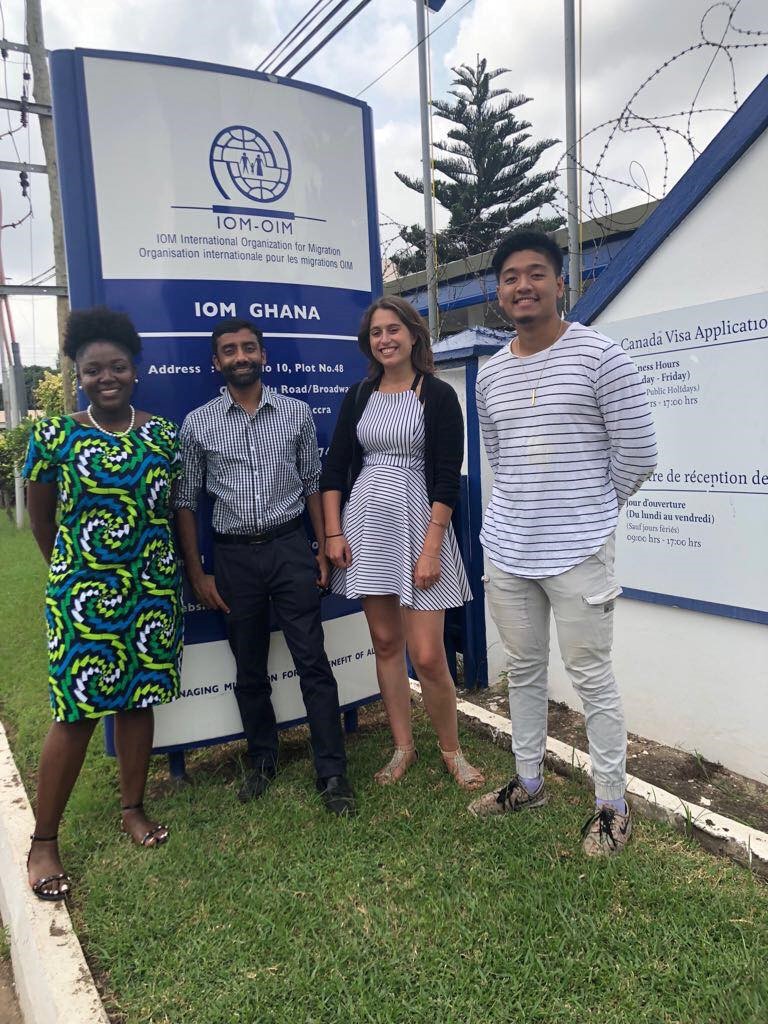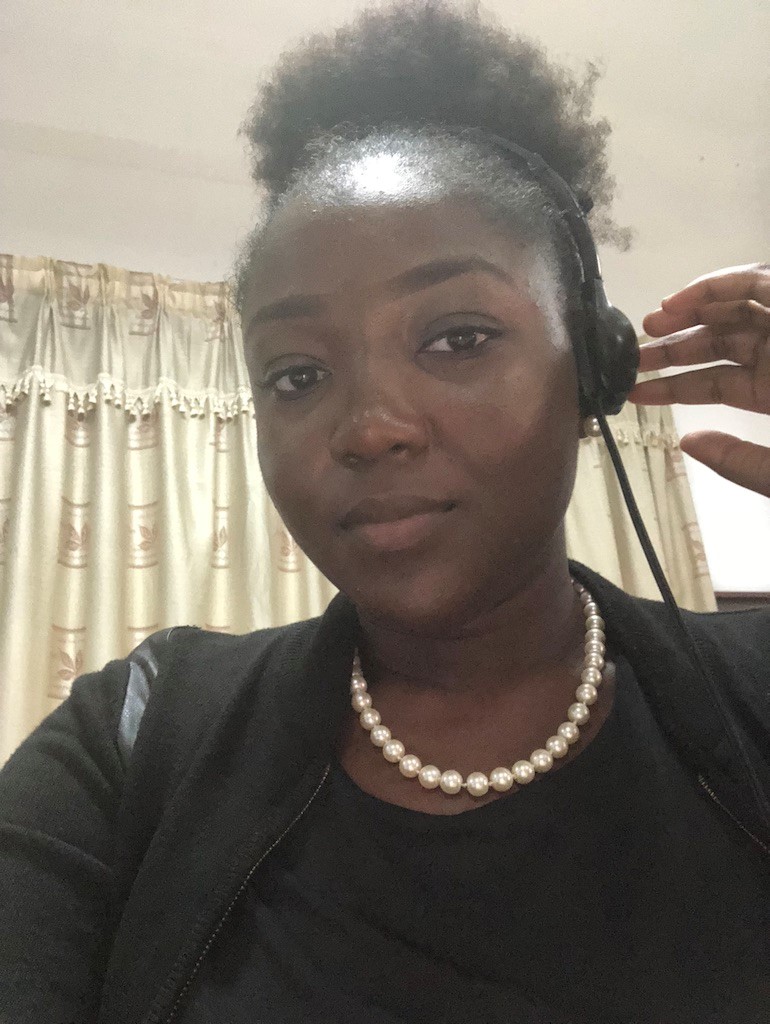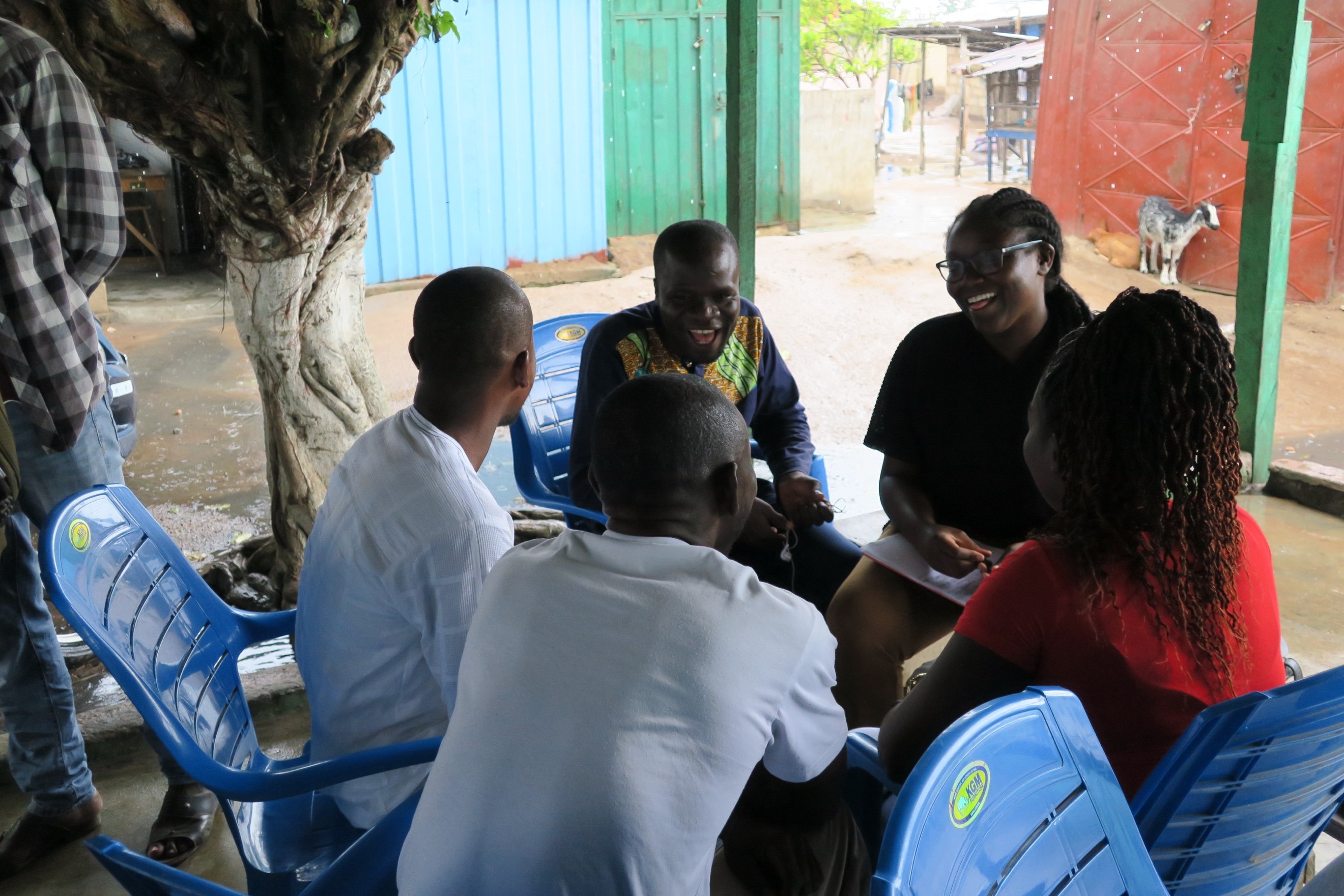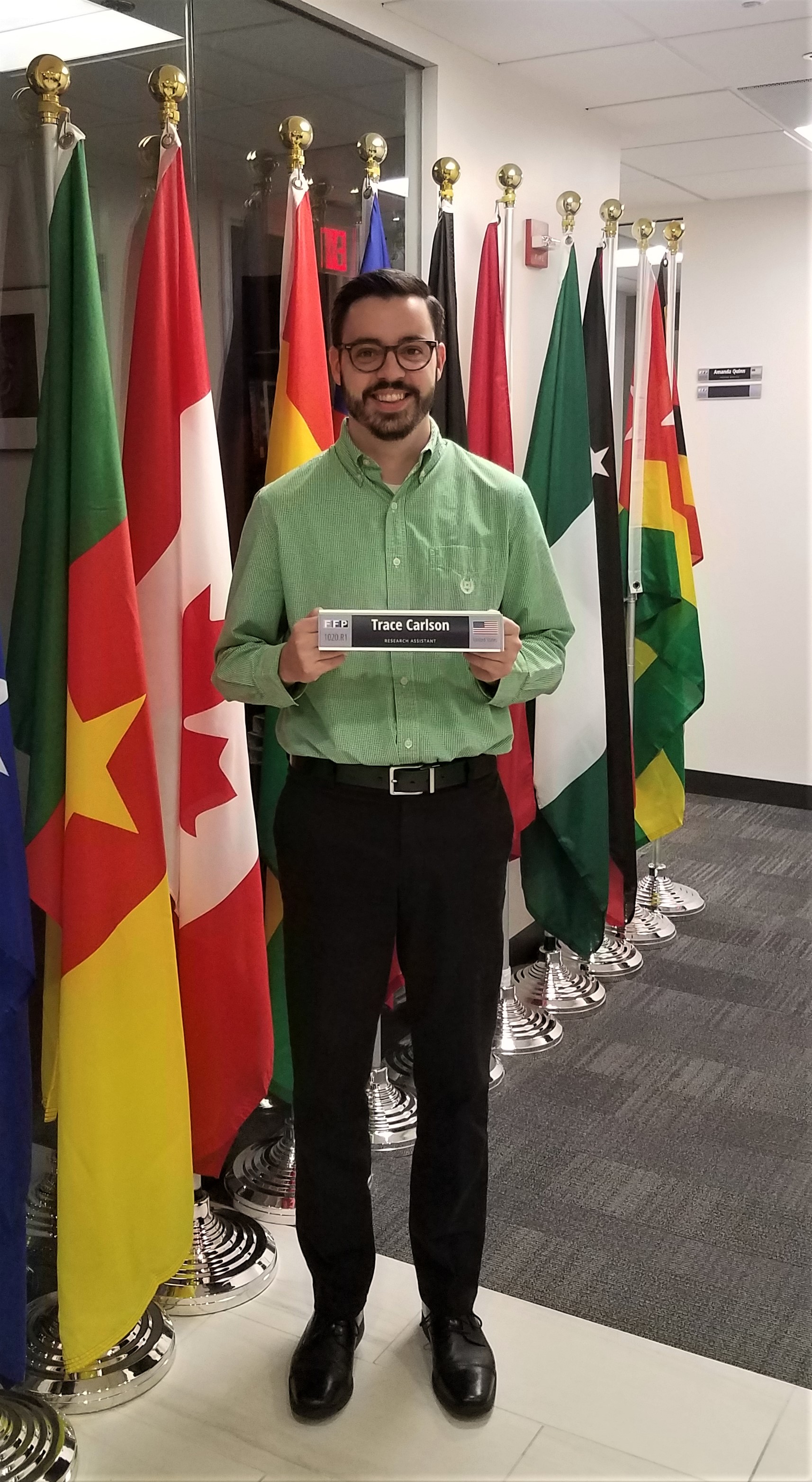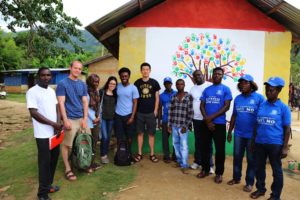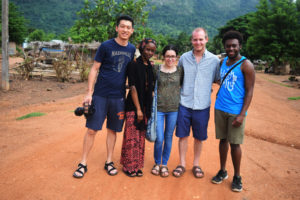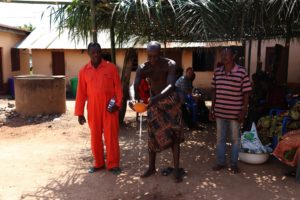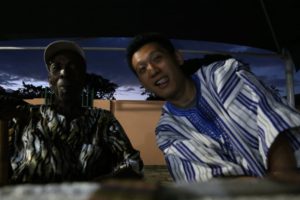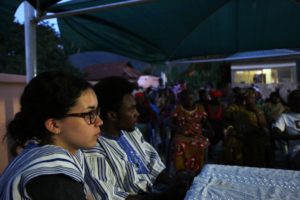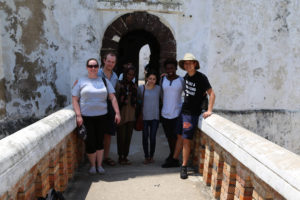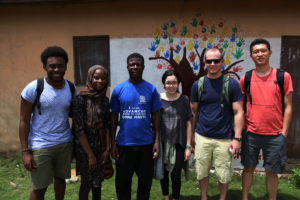For two months, I interned at the International Organization for Migration (IOM) in Accra, Ghana. IOM is a UN-related agency that manages migration globally. Its mission is to promote safe and orderly migration that benefits all. Many of its responsibilities include assisting government agencies with border management, raising awareness about the dangers of irregular migration, combating human trafficking, helping migrants return to the country of origin, and other activities. The mission in Ghana focuses particularly on child trafficking in the Volta Lake, bringing back migrants stuck in Libya and Niger, and building resilience among communities against push and pull factors of irregular migration.
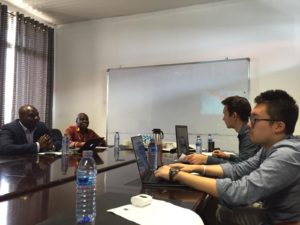
During my internship, I’ve worked with two colleagues from Syracuse University, Esther Chung and Jingxuan Wang, on two major assignments relating to child trafficking and assisted voluntary return and reintegration. Our team worked with project managers and assistants to collect visibility materials from victims of trafficking and returnees. Our purpose was to take their experiences and produce engaging narratives that help inform parents and potential migrants about the dangers of child trafficking in the Volta Lake and irregular migration through the Mediterranean corridor. Additionally, we had the chance to take part in a youth and migration conference, income-generating brainstorm sessions with community leaders, and one-on-one meetings with academic partners at a local university.
From the beginning, my objectives were to get exposure to fieldwork activities, connect with practitioners within the milieu of migration and grow my network, learn new skills relating to project design, development, and implementation, and have a positive impact on the mission of IOM and its beneficiaries. I believe that my time with IOM has opened a door for me in development fieldwork, created lasting relationships with colleagues from all over the world, taught me the basics of project conceptualization, and left me with a sense of pride and accomplishment.
Askar Salikhov is a recent graduate of the MAIR program. He completed his degree in Washington, DC while interning for the U.S. Department of State. Askar was part of the last class to participate in the Survey of Current Issues in African Migration program, but IOM Ghana will still consider students as interns based off their experiences working with Maxwell students for a number of years.
